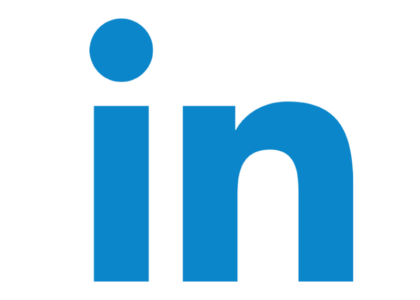Neurology
Overview
Our Neurology Department delivers compassionate treatment for all brain, spine, and nerve-related disorders Meanwhile, our Interventional Neurology provides minimally invasive, catheter-based treatments for complex neurological emergencies with precision and speed.

Conditions We treat
- Life-saving stroke interventions
- Seizure and epilepsy control
- Migraine relief and management
- Nerve pain and neuropathy
- Parkinson’s disease
- Multiple sclerosis therapies
- Brain aneurysm
Treatments & Advanced neurological services
- High-resolution MRI & CT scans for accurate diagnosis
- Rapid stroke response with thrombolysis
- Comprehensive nerve conduction diagnostics
- Epilepsy management plans
- Interventional Breakthroughs
- Mechanical thrombectomy to restore blood flow
- Safe and effective aneurysm coiling
- Advanced carotid artery stenting
Our Team
Dr. SELVIN
INTERVENTIONAL NEUROLOGY
Available Sessions:
4.30 PM to 6.30 pm
Dr. BHUVANESWARI
NEURO PHYSICIAN
Available Sessions:
10.00 am to 12.00 pm
Dr. SRIVIDYA
NEURO PHYSICIAN
Available Sessions:
8.30 am to 10.30 am
About
All our medical programmes are underpinned by an uncompromising belief in ethics, excellence and strict clinical governance.
Quick Links
About
All our medical programmes are underpinned by an uncompromising belief in ethics, excellence and strict clinical governance.
Quick Links
© 2025 Hindu Mission Hospital. All rights reserved | Website Designing Company In Chennai: 360degreeinfo









